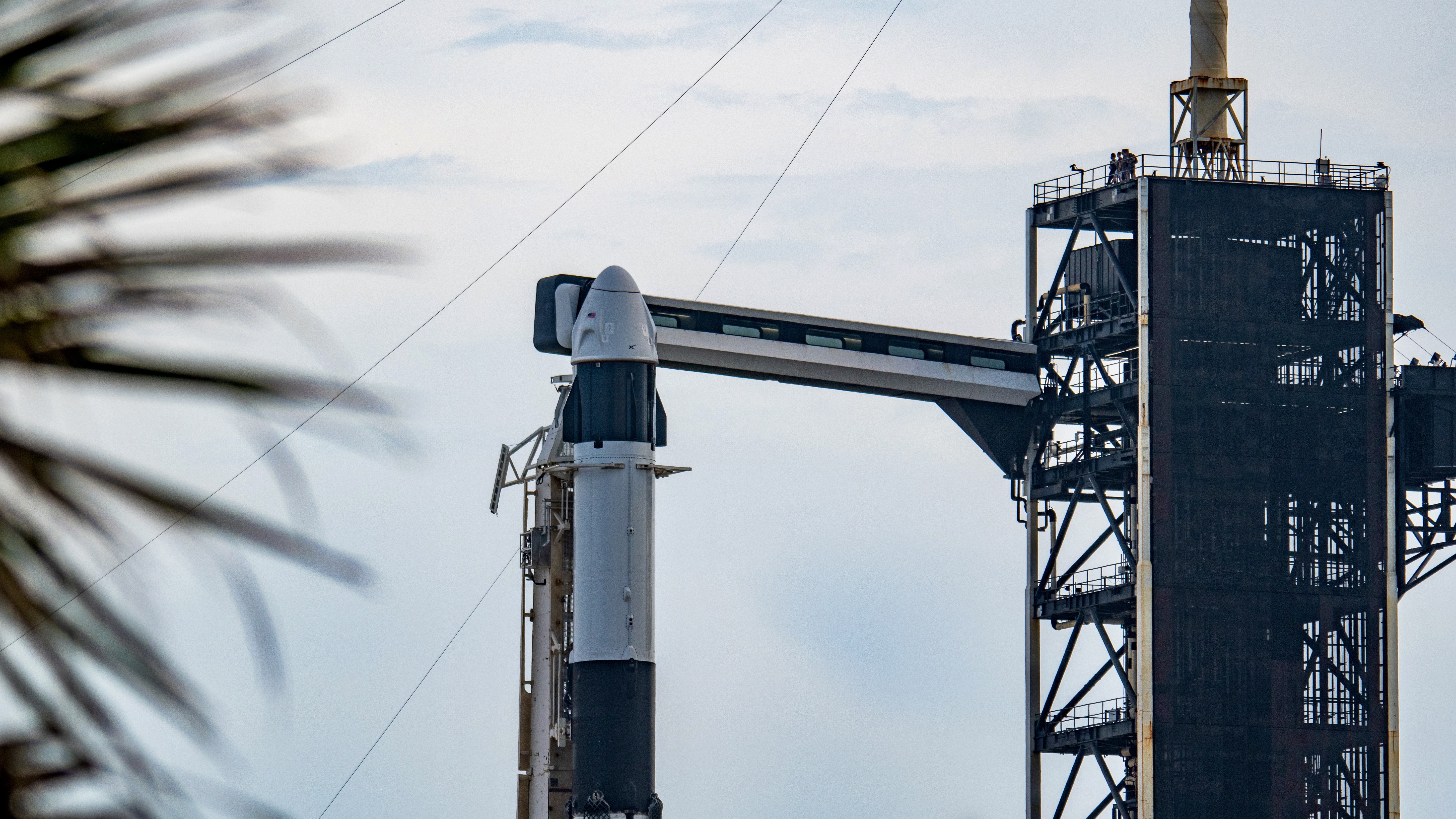Russia's Prichal docking module arrives at the International Space Station
The Russian docking station is the second major upgrade from that country in recent months.
A new Russian docking module arrived safely at the International Space Station today (Nov. 26).
The Prichal module made contact with Russia's new Nauka multipurpose module today at 10:19 a.m. EST (1519 GMT), a few minutes ahead of schedule, over Ukraine. The docking hooks successfully closed at 10:25 a.m. EST (1525 GMT) without incident. The docking was carried live on NASA TV, which beamed stunning views from cameras on the International Space Station.
"It was as flawless a docking as you can have," NASA spokesperson Rob Navias said during the broadcast, in the moments after the docking completed.
Prichal — Russian for "pier" — brought roughly 2,200 pounds (1,000 kg) of cargo to the ISS along with a substantial expansion in docking capabilities. Prichal features six new ports for the station's Russian segment, five of which are available for arriving ships.
Video: Watch Russia launch the Prichal docking module
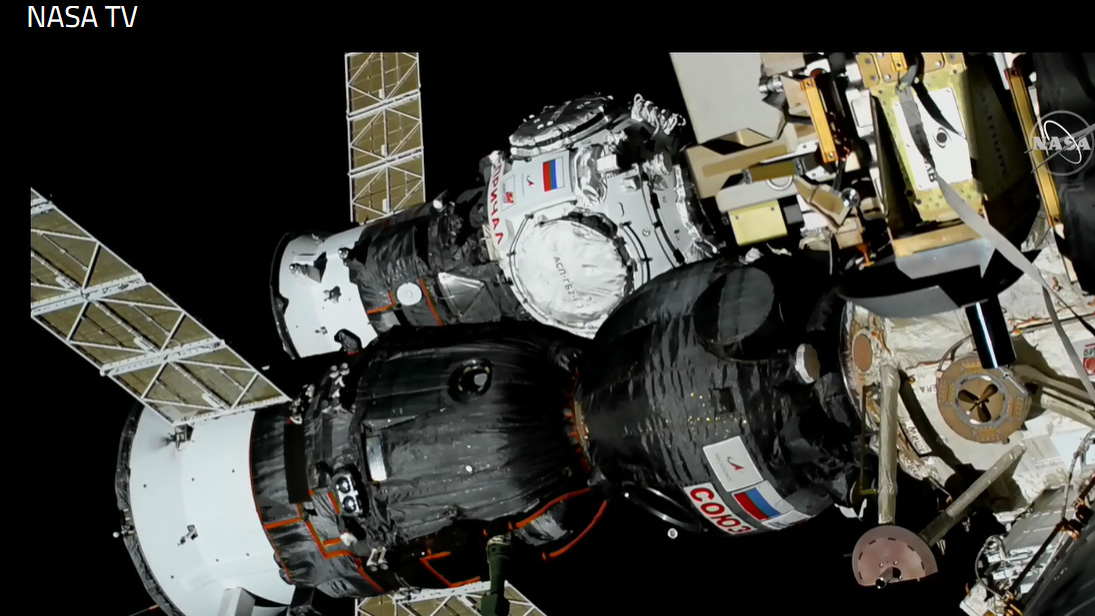
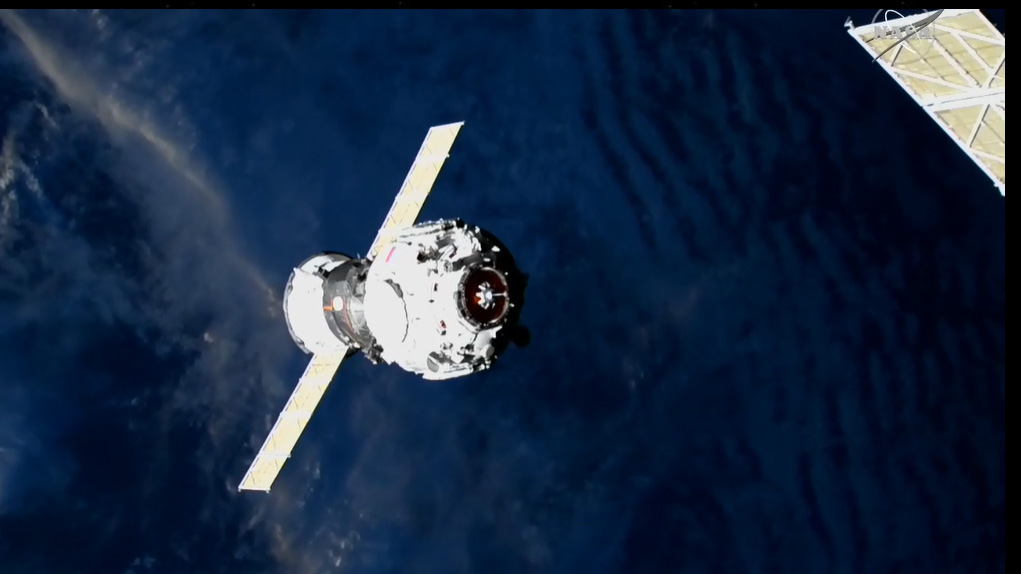
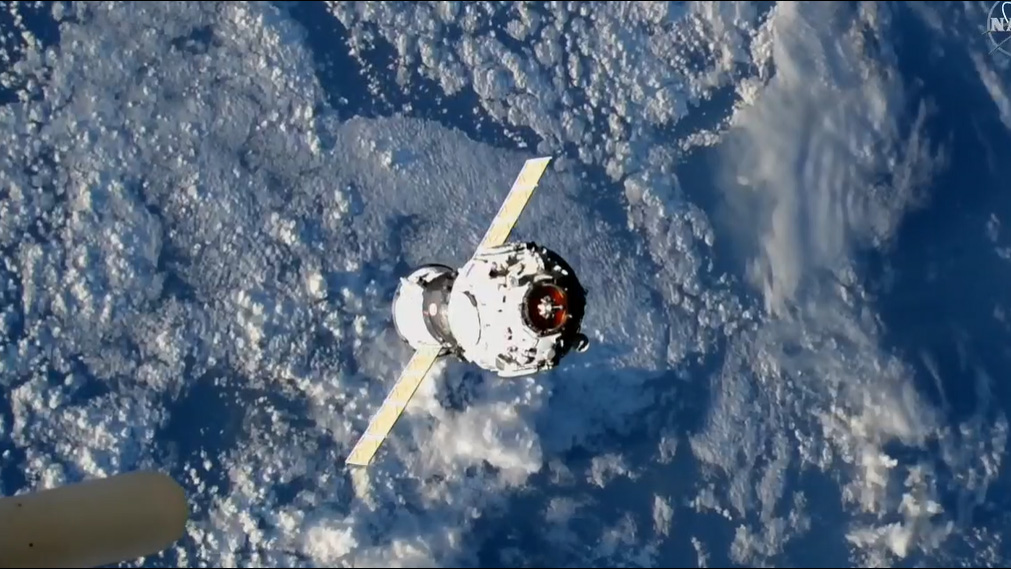
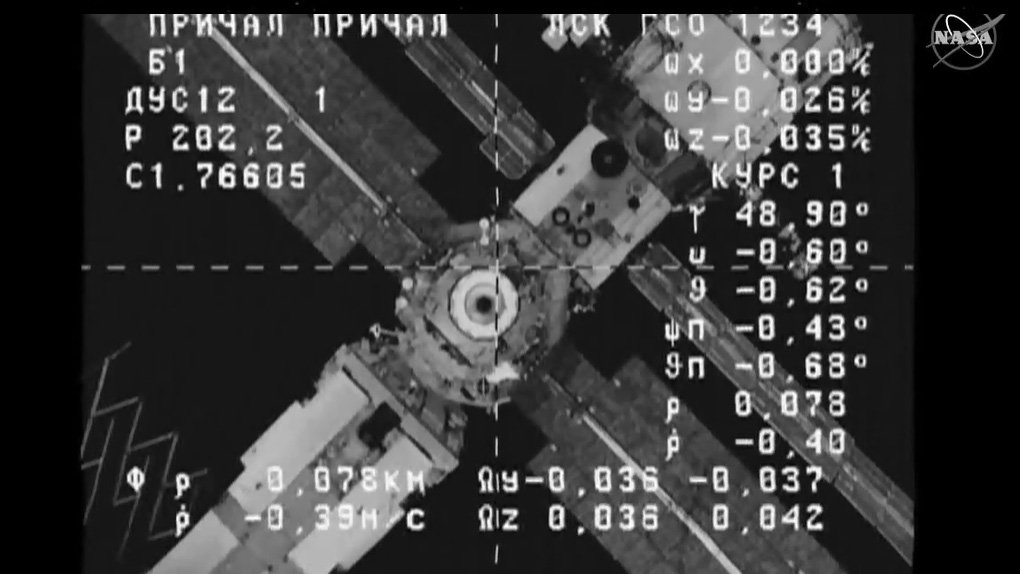
Prichal can also transfer fuel to Nauka, a newly arrived science module that is expected to substantially increase Russian orbital research output. Beyond that, Prichal may serve as valuable practice for Russia as the country contemplates its future in the post-ISS era, according to RussianSpaceWeb.com.
State reports from Russia suggest the country may want to create its own space station later in the 2020s, either to be ready in case the aging ISS, parts of which date to 1998, falters or to respond to economic sanctions from the United States.
Get the Space.com Newsletter
Breaking space news, the latest updates on rocket launches, skywatching events and more!
The U.S. and Russia have been major ISS partners dating back to the early 1990s; the current agreement goes to 2024 but could be extended to 2028 or beyond depending on whether the various partners agree on it.
The 4-ton Prichal rocketed to space on board a Russian-built Soyuz rocket from Baikonur Cosmodrome in Kazakhstan on Wednesday (Nov. 24). Prichal rode atop a modified Progress cargo spacecraft, which delivered the new module to the orbiting lab.
The spherical module adds roughly 494 cubic feet (14 cubic meters) of internal volume to the ISS, according to RussianSpaceWeb.com. The space station is hosting record-breaking crew sizes these days thanks to the periodic arrival of four people at a time in the roomy SpaceX Crew Dragon spacecraft. Russian Soyuz vehicles are also still in operation, carrying three spaceflyers at a time.

Prichal will remain permanently docked to Nauka's Earth-facing port, and the other five available docking stations will be available for visiting spacecraft. Prichal will "expand the technical and operational capabilities of the orbital infrastructure of the Russian segment of the ISS," Russia's federal space agency, known as Roscosmos, wrote in a recent update.
The arrival of Prichal was far less eventful than that of Nauka. When the science module reached the ISS on July 29, its thrusters fired in an unexpected way, causing the ISS to rotate about 540 degrees. NASA says the space station crew was not in any danger at the time, although a spacecraft emergency was declared as a precaution.
A spacecraft earlier moved out of the way to make room for Prichal. An uncrewed Progress 78 cargo craft undocked from Nauka on Thursday (Nov. 25) for re-entry in the Earth's atmosphere. The modified Progress spacecraft that delivered Prichal to the station is expected to detach from Prichal in late December for a re-entry over the Pacific Ocean.
Follow Elizabeth Howell on Twitter @howellspace. Follow us on Twitter @Spacedotcom and on Facebook.
Join our Space Forums to keep talking space on the latest missions, night sky and more! And if you have a news tip, correction or comment, let us know at: community@space.com.

Elizabeth Howell (she/her), Ph.D., was a staff writer in the spaceflight channel between 2022 and 2024 specializing in Canadian space news. She was contributing writer for Space.com for 10 years from 2012 to 2024. Elizabeth's reporting includes multiple exclusives with the White House, leading world coverage about a lost-and-found space tomato on the International Space Station, witnessing five human spaceflight launches on two continents, flying parabolic, working inside a spacesuit, and participating in a simulated Mars mission. Her latest book, "Why Am I Taller?" (ECW Press, 2022) is co-written with astronaut Dave Williams.
